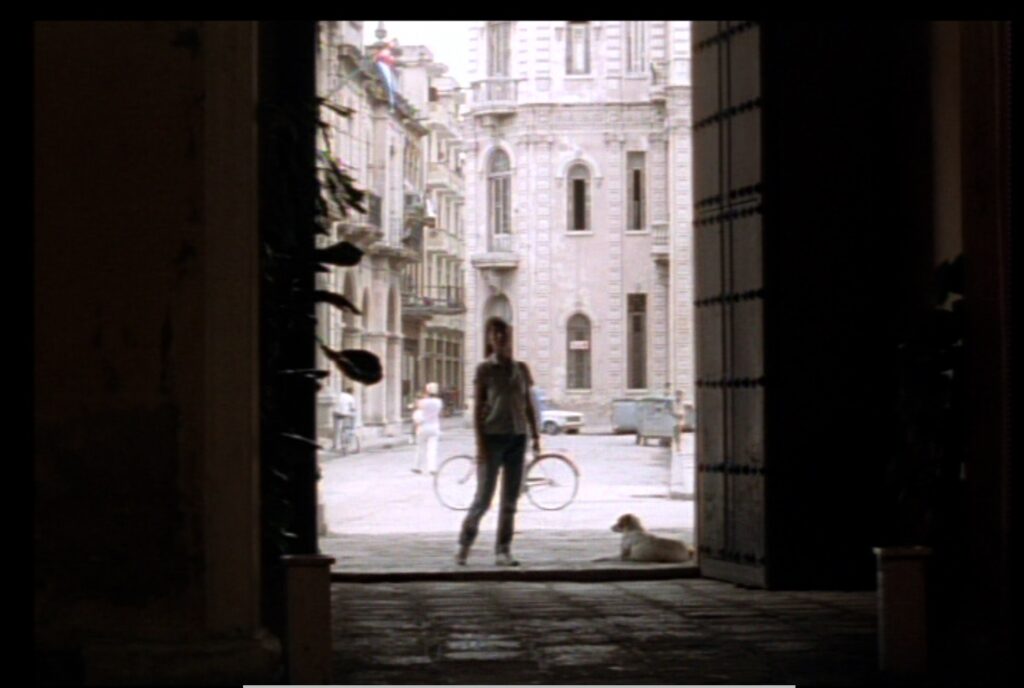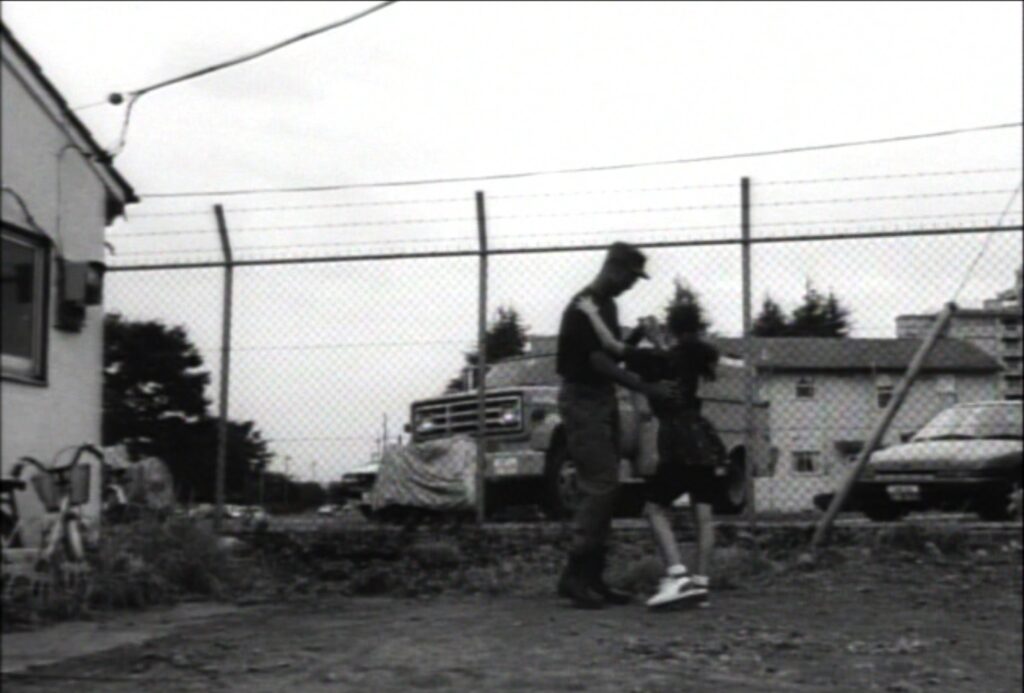
The New Other, Cuba
In the relationship between “The U.S.” and Ryu Murakami, Cuba was a “new other”
quotes from “KYOKO’s trajectory”
“The reason why Cuba was so important was because it was related to my problems with The U.S.A. For me, the relationship with “The United States of America” was so important that it was reflected in many of my works. “U.S.A.” has always influenced me, to the point where I refuse to criticize or make accurate judgments. Actually, I think all Japanese people were like that after the war, but I was born in Sasebo, a town that used to be a US military base, and I grew up in an environment where a U.S. officer’s Japanese woman who was called “ONLY” lived next to my house. I think I was in an environment where it was easier to understand.
I think that the fact that negotiations are taking place without proper dialogue between the Japanese prime minister and the U.S. president is symbolically indicative of the Japan-U.S. relationship. In other words, it’s a state of slavery to values. I think the biggest reason why this happened is because we didn’t have a decisive battle on the mainland. I’m sure it would have been better not to have had a decisive battle on the mainland. Because if I did that, it would have been a big deal. However, by not having a decisive battle on the mainland, the opponent they were fighting became vague. On the contrary, after the war, they completely modeled themselves on American values and lifestyle patterns. It’s like they were supposed to be enemies, but when you met them, they weren’t that bad. …It’s not a matter of discipline, but before I knew it, I had come to think that America was cool.
In a state of slavery to such values, there are only two ways to go about it: to make a fool of The U.S. and reject it or to admire The U.S. and talk like the DJs in the U.S. I thought so for a long time. There were times when I tried to put up a pretense of walking on the edge of nationalists and non-nationals, but in reality, I couldn’t do anything.
But when I learned about Cuba, its music, and its culture, I felt like I was completely freed from America. I thought that jazz and rock were the only ways to compete with classical music, but it turns out that Cuba had other means.”
The Other, The U.S,
Pride is not “unchanging”
I was born in a base town seven years after the end of the last war. Now, after filming and editing the movie “KYOKO” in America, I’m living in a small old hotel in West Hollywood, writing a manuscript for a Japanese newspaper. I am acutely aware of the fact that I was born in a town with a US military base. For me, the question of what the defeat in the war, the subsequent occupation by the US military, and the continuation of the bases under the security treaty meant for Japan is not very important. In a town with a US military base, there are things that are beyond the control of the Japanese community, and something was exposed from the beginning. This was the first time in recorded history that foreign troops were stationed in Japan and occupied part of the country. The house where I was born and raised lived next door to American military officer’s “ONLY” (mostly contract prostitutes, some of whom were married to GIs). As a child, I was the first generation to witness a woman from my country being “kept” by a powerful foreigner. This is not to say that I have a weak sense of pride as a Japanese citizen. It’s not like my body or mind was swayed by America’s strong status.
I just learned that ethnic pride is not something that stands forever and ever but can be taken away or taken away very easily.
fundamentally nothing has changed since my childhood, since I was a child when I walked along a barbed wire fence.
But, now, the barbed wire fence that I carried inside me at all times has disappeared. —Kyoko
